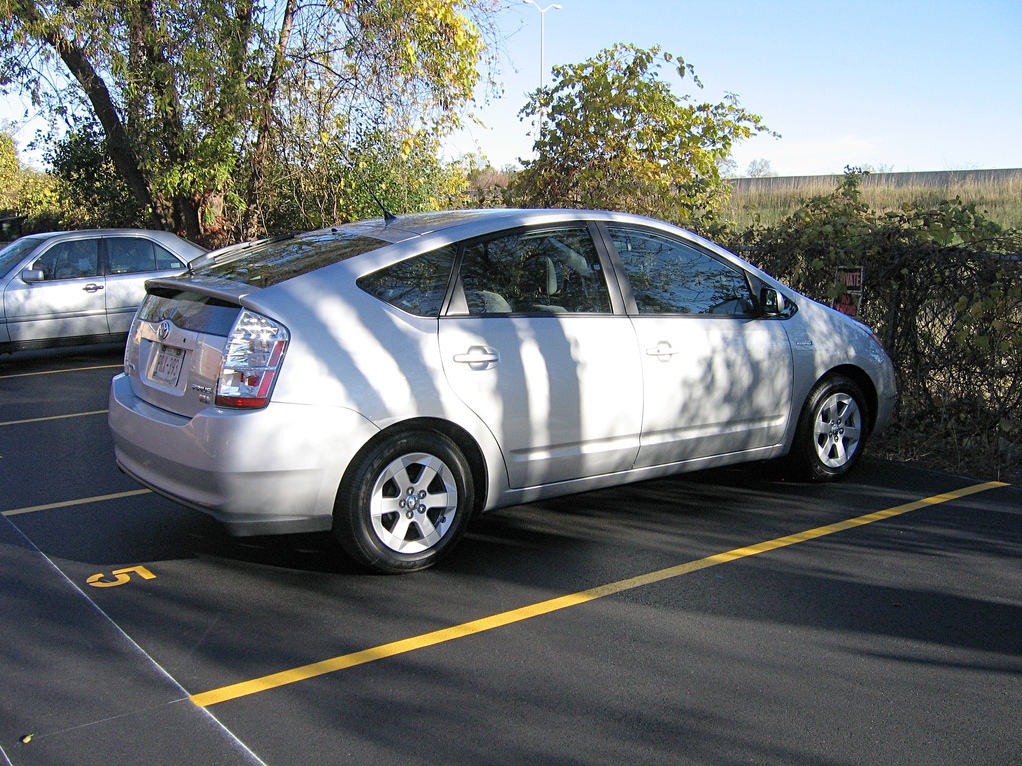New battery technology planned for cars
Lithium-Ion cells to power laptops, Nissan Micras

Energy giant Exxon Mobil is about to unveil a new technology that could revolutionise the car industry.
Exxon Mobil has developed new battery technology that could allow lithium-ion cells to be used in vehicles. This would make electronic and hybrid automobiles more affordable and more efficient.
Adapting batteries for cars
The lithium-ion batteries in question use the same technology as those used in mobile phones, digital cameras, notebook computers and other electronic equipment.
Lithium-Ion batteries are so effective because Lithium has a high energy density - i.e. it can store a large amount of energy between its atomic bonds. According to HowStuffWorks: "a typical lithium-ion battery can store 150 watt-hours of electricity in 1 kilogram of battery."
Exxon Mobil said it is working with both car and battery manufacturers in order to adapt the technology for use in cars, CNN.com reports.
Hybrid motors
Using Lithium-Ion technology would be a step forward. The most commonly known hybrid car at the moment, the Toyota Prius, uses a nickel-metal hydride (NiMH) battery, typically capable of storing 60-70 watt-hours of electricity per kilogram battery.
"By developing new film technologies that allow lithium-ion batteries to meet hybrid and electric vehicle requirements, Exxon Mobil Chemical is helping to make next generation vehicles more energy and cost efficient, as well as lighter," Jim P. Harris, senior vice president of Exxon Mobil Chemical, said in a statement.
Sign up for breaking news, reviews, opinion, top tech deals, and more.
"We are currently working with industry-leading battery manufacturers to expand the boundaries of current hybrid and electric vehicle applications."
The technology, developed jointly by Exxon Mobil and Japanese firm Tonen Chemical, is due to be officially unveiled at the Electric Vehicle Symposium and Exposition car show in California next week.